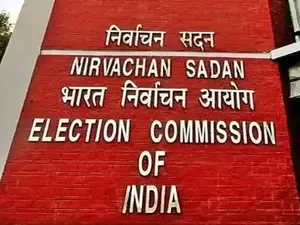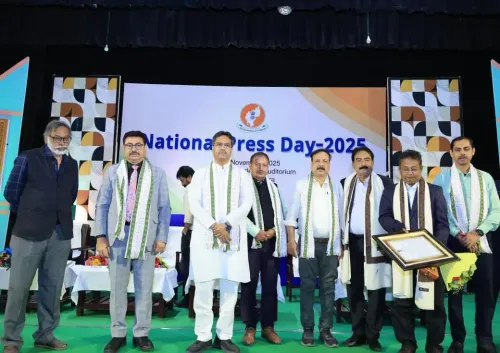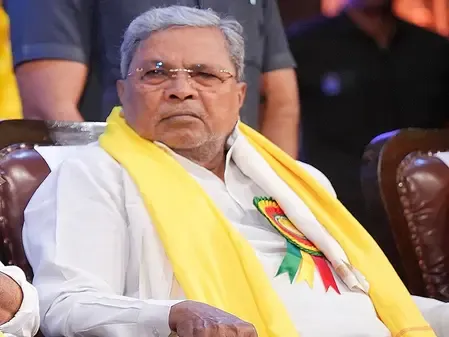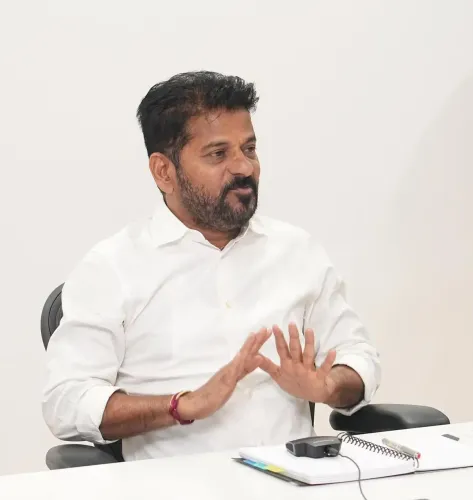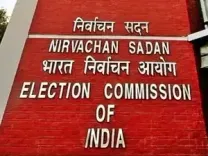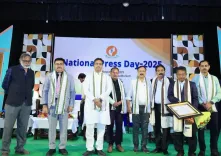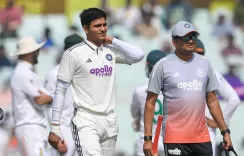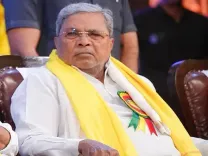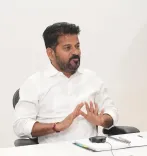Did Chidambaram Really Say the US Stopped Us from Retaliating After 26/11?
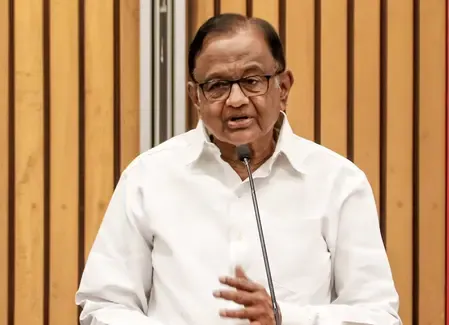
Synopsis
Key Takeaways
- Chidambaram denies US intervention claims.
- Media misinterpretation sparked controversy.
- Diplomatic efforts prioritized over military action.
- Political backlash faced by Congress party.
- Context of decisions crucial for understanding.
New Delhi, Oct 1 (NationPress) Following his controversial remarks regarding the UPA government's choice not to take military action against Pakistan after the 26/11 Mumbai terror attacks, senior Congress figure and former Home Minister P. Chidambaram clarified on Wednesday that he never claimed that the US prevented us from retaliating.
In a statement on X, he said: “At no point in my interview with Megha Prasad's podcast did I assert that 'US stopped us from retaliating after the 26/11 attack.”
He criticized the media for misrepresenting his words, stating: “These are the pitfalls of engaging with the media!”
This incident has escalated into a significant embarrassment for the Congress party, as the ruling BJP and its allies accuse the UPA government and its officials of failing to respond to US pressure, leading to a flood of anti-Congress sentiment on social media.
During the contentious interview, Chidambaram disclosed that post the 26/11 attacks, he initially favored a retaliatory response against Pakistan but was advised to rely on diplomatic approaches.
“I became Home Minister the day after the attack. The Prime Minister, Dr. Manmohan Singh, called me to transition from Finance to the Home Ministry. Initially reluctant, I learned that Mrs. (Sonia) Gandhi, then Congress President, had already decided. I requested to speak to her, but she was out of town. I was instructed to assume charge the following morning,” he recounted.
The former Union Home Minister also admitted that he considered retaliation. “The thought of retribution did cross my mind. I discussed it with the Prime Minister and others of significance. Prime Minister Manmohan Singh addressed this matter during the attack, and the decision was significantly shaped by the MEA and the IFS to avoid physical retaliation, opting instead for diplomatic measures,” he explained.

